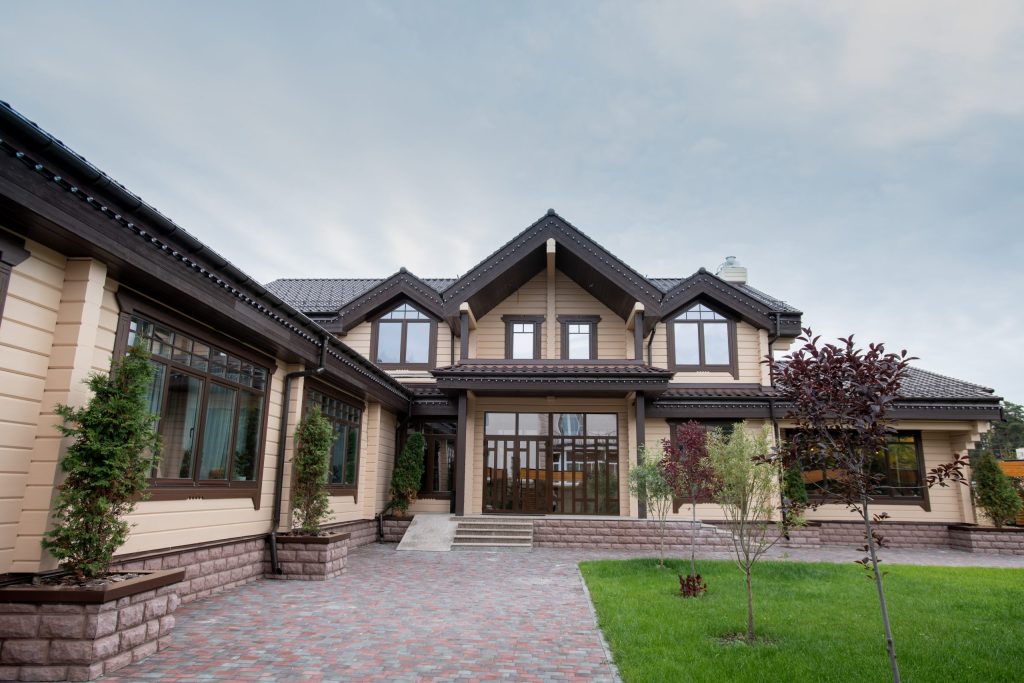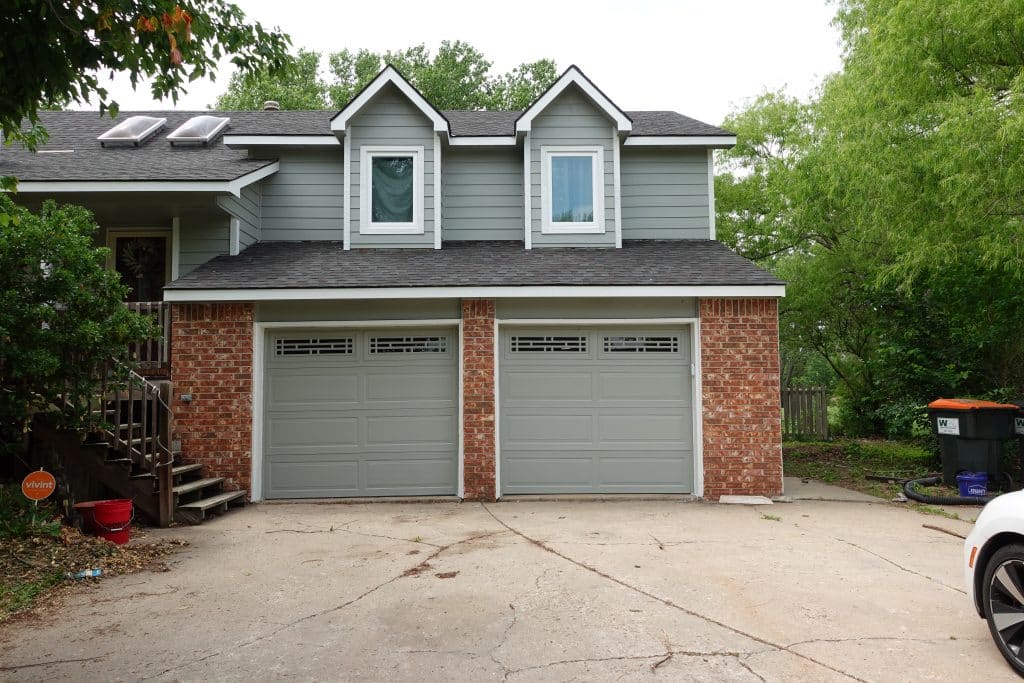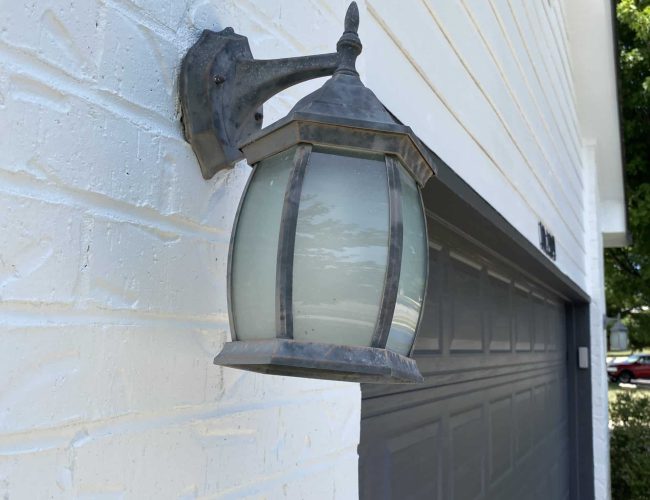
Preparing Your Home for an Exterior Painting Job: Essential Tips
Painting the exterior of your home can dramatically enhance its curb appeal, making it look fresh and inviting. However, before you grab that paintbrush or hire a team of exterior painters, it’s crucial to prepare your home adequately. In this comprehensive guide, we will delve into everything you need to know about getting ready for an exterior painting project. With expert advice, actionable tips, and a detailed breakdown of what to expect, you'll be well-equipped to tackle this task with confidence.
Preparing Your Home for an Exterior Painting Job: Essential Tips
Before diving into the actual painting process, let’s explore why preparation is key. Not only does proper prep work ensure a smooth application, but it also affects the longevity and durability of the paint job. So, what should you keep in mind?
1. Understand the Importance of Preparation
Preparation sets the stage for successful painting. If you're considering hiring painting contractors near me, they will likely emphasize this aspect. Proper preparation includes cleaning surfaces, repairing damages, and protecting non-painted areas.
2. Researching Exterior Painters
When searching "exterior painters near me," it's essential to do some research. Look for reviews, ratings, and past projects to ensure you're hiring reliable professionals.
3. Choosing the Right Paint
Selecting the appropriate paint type is paramount for exterior jobs. Consider weather conditions in your area; high-quality acrylic top painting company paints often perform better in varying climates.
4. Tools Required for Preparation
Before starting your project, gather essential tools:
- Ladder
- Scraper
- Sandpaper
- Caulk
- Primer
- Painter's tape
5. Inspecting Your Home's Exterior
Conduct a thorough inspection of your home's exterior.
- Look for cracks in walls.
- Check for peeling paint.
- Examine window frames and doors.
6. Cleaning Your Home's Surface
A clean surface is vital for good adhesion.
- Use a pressure washer or scrub brush with soapy water.
- Allow surfaces to dry completely before painting.
7. Repairing Damages Before Painting
Address any visible damage before applying paint:
- Fill cracks with caulk.
- Replace sections of rotted wood.
8. Protecting Non-Painted Areas
To prevent paint splatters on unwanted areas:
- Use painter's tape on windows and trims.
- Lay drop cloths on walkways or gardens nearby.
9. Checking Weather Conditions
Before starting the job, check the weather forecast:
- Avoid painting during rain or extreme temperatures.
10. Understanding Your Neighborhood Regulations
Some neighborhoods have specific regulations regarding exterior colors or finishes:
- Check with local HOA guidelines if applicable.
The Benefits of Hiring Professional House Painters Near Me
While DIY is an option, hiring professionals can save you time and provide quality results.
11. Expertise in Color Selection
Professional house painters bring valuable insights into color combinations and finishes that enhance your home's aesthetic appeal.
12. Efficient Project Management
Experienced painters know how to manage time effectively:
- They can finish jobs faster than most DIY enthusiasts due to their expertise.
13. Safety Considerations
Climbing ladders and working on roofs can be dangerous without proper training:
- Professionals come equipped with safety gear and knowledge of best practices.
14. Quality Materials Used by Professionals
Reputable painting companies often use high-quality paints that may not be available at retail stores:
- This ensures longer-lasting results.
Preparing Your Home Before You Call Painters Near Me
If you're not planning on going the DIY route just yet and want professional help from local experts like residential painters or a reliable painting company near you:
15. Budgeting for Your Painting Project
Calculate how much you're willing to spend on both materials and labor before contacting contractors:
- Keep some extra funds aside for unexpected expenses.
16. Scheduling Consultations with Painters
Reach out to several companies for estimates:
- Discuss your vision and ask questions about their processes.
Choosing Between Local Painting Contractors vs National Chains
When selecting between local painting contractors versus larger chains:

17. Pros of Local Contractors
Local contractors often understand regional climate impacts better than national chains do:
- Personalized Service
They tend to offer more personalized attention based on community standards and preferences.
18: Cons of National Chains
While national companies might have brand recognition:
- Higher Costs
They often charge more due to overhead costs associated with maintaining franchise standards.
How Many Coats of Paint Will You Need?
When preparing your home for an exterior painting job:
19. Assess Surface Condition
Determining how many coats you'll need depends largely on surface condition—older homes may require additional layers compared to newer builds that are already well-maintained.
20. Selecting Finishes
Matte finishes usually hide imperfections better than glossier options but may require more maintenance over time.
21. Understanding Drying Times
Each coat needs adequate drying time—usually 4–6 hours—before applying another layer.
22. The Importance of Primer
For truly dramatic transformations (like changing colors entirely), consider using primer as a base coat—it improves adhesion & reduces paint absorption.
23. Preparing Yourself Mentally
Prepare yourself mentally as well: Set realistic expectations regarding timelines & outcomes!
24. Communicating Effectively with Your Chosen Team
Once you've selected a contractor from your list—it’s important they're aware of any special requests upfront.
FAQ Section
1: How do I find reputable exterior painters near me?
Search online reviews or ask neighbors who’ve recently had similar work done; word-of-mouth recommendations are invaluable!
2: What should I consider when choosing paint colors?
Consider existing landscape features & architectural styles; also think about how colors will appear under various lighting conditions throughout the day!
3: How long does an exterior paint job typically last?
Depending on quality materials used & maintenance performed—most exteriors last anywhere from 5–10 years!
4: Is it necessary to use a primer before painting?

5: What if my home has lead-based paint?

6: Do I need permits for exterior painting work?
Most municipalities don’t require permits unless structural changes are involved—but check local regulations just in case!
Conclusion
Preparing your home for an exterior painting job isn’t just about picking up a brush—it requires thoughtful preparation! By following these essential tips outlined herein along with seeking assistance from experienced professionals such as local residential painters or reputable painting companies nearby—you’ll position yourself strongly towards achieving stunning results that not only beautify but protect too! Don’t hesitate; start planning today!
This article serves as both an informative guide as well as motivating inspiration towards getting started on that long-awaited transformation project! Remember—the effort put forth now will yield rewards down-the-line through increased property value & delightful aesthetics every time you pull into your driveway! Happy Painting!